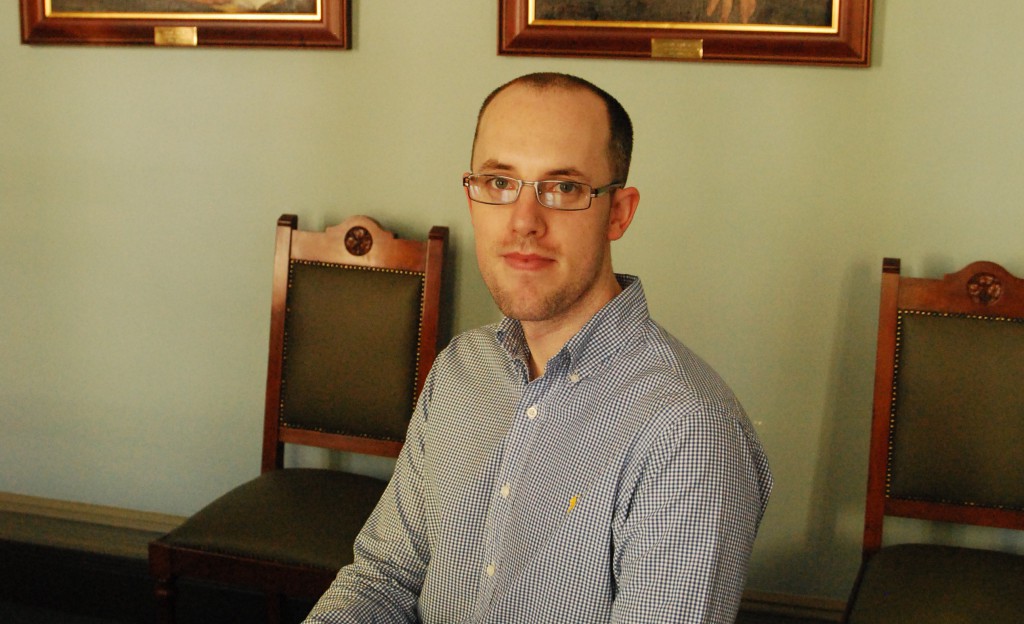
A local Catholic historian has received national recognition for his elucidating research on Perth’s first Bishop, John Brady.
The Australian Catholic Historical Society has awarded Perth man Odhran O’Brien the James MacGinley Award for arguing that the popular view of Brady as a quarrelsome administrator was less complex than it ought
to be.
In his award-winning essay, Mr O’Brien wrote that several sources suggested Bishop Brady had a sound knowledge of colonial and canon law, as well as theological concepts and administration.
“There is a really lucid side to Brady that is not represented in the literature about Bishop Brady,” Mr O’Brien told The Record.
“That is not to say that Brady was an innocent bystander in Western Australian Catholic history but that a lot of the assertions made about him by historians have been based on a particular set of documents.
“No one has done a holistic study of all of the documents available, no one has looked at them thoroughly, so how can we properly analyse this man when no one has done that work?”
Mr O’Brien said his only motivation in entering his essay was to get recognition for the complexity and richness of WA’s colonial Catholic history.
In 2011, Mr O’Brien was a significant actor in the Archdiocese’s effort to bring Bishop Brady’s skeletal remains to Perth.
Bishop Brady’s remains had been interred in Amélie-les-Bains, France, where he died in 1871.
They were successfully exhumed in France and then reinterred in the crypt of St Mary’s Cathedral on August 2, 2011.
Bishop Brady was the resident bishop of the Perth Diocese from the time of its establishment in 1844 until 1852.
He left Perth for Europe, having refused to accept the appointment of an apostolic administrator by the Holy See but held onto the title of the Bishop of Perth until his death.
Mr O’Brien was also involved in the exhumation of Perth Bishops Martin Griver and Matthew Gibney from beneath the floor of St Mary’s Cathedral in 2006 and went on to write his Master’s thesis on Bishop Griver.